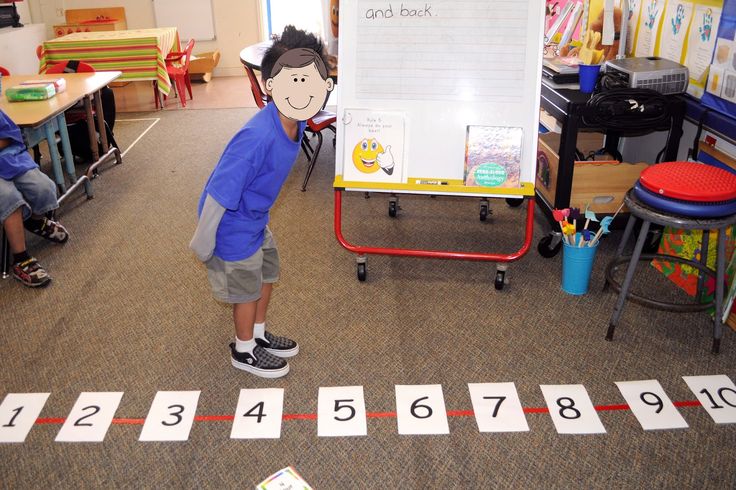Start them young meaning
Start them young | Children and teenagers
If I said I knew a way in which you could substantially increase your baby's chances of growing into a child with a wide vocabulary, excellent communication skills, a creative imagination, greater coordination, a higher reading ability, a Dickensian fluency in writing, a clear understanding and comprehension of both spoken and written language, a flair for style, cadence, tone and nuance - what would you pay?
Stop, stop, stop! I hear you cry. Just name your price! Well, guess what. I'm feeling generous. I'll tell you for free. Grab a heap of books, plonk yourself down with your baby on your knee, and begin. Turn the pages, point to the pictures, and ENJOY.
And that's it? you say. Well, I'm so glad I didn't write that cheque. If reading to kids is all it takes to boost their school grades, I'll buy a whole raft of story tapes when the sprog's a bit older.
Nope. I'm talking babies. Small babies. Beginning at a couple of months old or so. You know the way you point out things to your baby? "Look! A cat! Look: there's Gran! There's a duck... look!"
Well, show them the pictures in a book just like that. You don't need to read stories to begin with - their attention span won't be up to it yet, anyway - but what you do need to do is to include books as one of the essentials of life. Eat. Drink. Cuddle. Share a book.
And please note that I'm deliberately saying "share". If a baby's first experience of a book is mutual enjoyment, a warm, comfortable cosy time, then of course they'll want more. OK, a discussion with your five-month-old on the finer points of a large red hippo may be a tad one-sided, but he'll feel your interest, hear your words, and absorb a massive subtext. "This makes me feel good. This is fun. Let's have MORE."
He'll be much too young to process the fact that he's learning about worlds and experiences beyond his own four walls, that some are real and some are imaginary, that there are many different and wonderful ways of using words - but the foundations are being laid.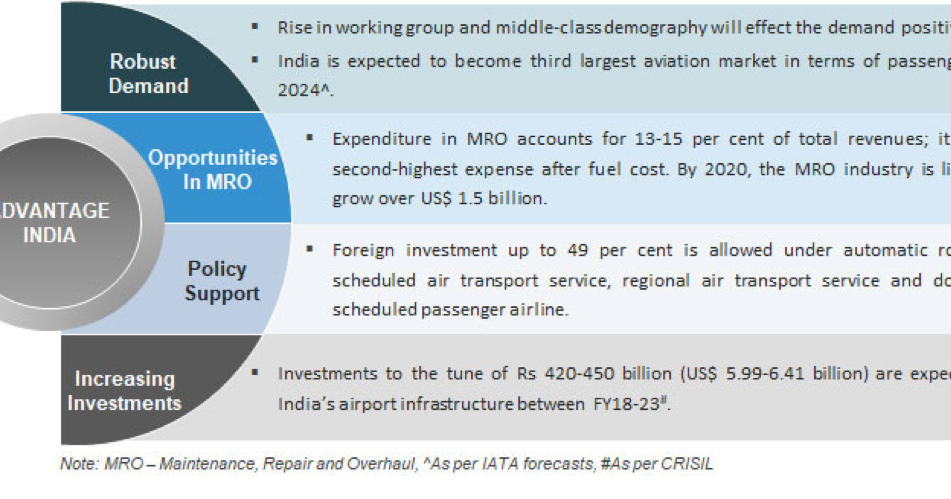
Annabelle loves watching TV... surely that's much the same? Sorry. It's not. There are lots of great things on TV, but babies - and all children - need interaction to stimulate curiosity and imagination. Even if the presenter asks the viewer loads of questions they'll never know if there's a response or not, and they don't answer questions either. A mum, a dad, a babysitter, an older brother - they can do far more with a book in five minutes than hours of TV. And you can't cuddle up with a telly; you can't pore over the small detail over and over again; you can't giggle over the wolf huffing and puffing as you read it for the 20th time. There's a huge pleasure to be had in the repetition of the known and loved in books that can never be found in TV.
OK, Mrs Bossyboots. Let's have some useful hints and tips, though it all sounds like a lot of hard work to me. Oh dear, sorry. That's the one thing it shouldn't be - because babies and small children are like us. They learn fastest and best if something is fun. If you enjoy yourself so will they, and it won't be long before you're totally hooked on sharing books because they're having such a ball showing YOU things.
If you enjoy yourself so will they, and it won't be long before you're totally hooked on sharing books because they're having such a ball showing YOU things.
But here are a few ideas. To begin with, there may be only one page that seems to catch your baby's attention; that's fine. Talk about what's on that page, and point to the different elements. It may be just the sparkle that catches their eye, it may be the feel or the texture, but it doesn't matter. Keep on talking.
Read the odd phrase, or rhyme; babies have a natural affinity to rhythms. When you like the sound of something, read it again and again. Even a tiny child feels a sense of achievement when they know what the end of the sentence is going to be, and familiarity brings confidence as well as comfort.
Gradually read more of the words, but keep checking out the pictures with your baby; it won't be long before he can point at the dog or the bird for himself. Noises are great; let it all hang out and demonstrate a few woofs! and tweets! Your ecstatic amazement the first time you get a woof! back will encourage you to go totally over the top with NEEEEEEEOWs and RRRROARs to a hugely appreciative audience.
As you and your baby get more and more deeply into the book habit, your diet can become more and more varied. There are thousands of brilliant books out there for the very young; have a look and see what you like the look of. Move gently on to reading whole stories - keep sharing those pictures - and see how things go. If something doesn't work first time round, don't worry; pick up another book, something much loved and familiar, and then go back and try again a few days later. Small children have literary likes and dislikes, just like any reader. Remember that you will, most probably, end up with juice upended on the pages.
Take your toddler to the library and see what she chooses; come to an arrangement whereby you choose one book and she chooses another, and see which one you end up liking best. Experiment with different authors and illustrators - it could introduce you to some of the fantastic books that have passed beyond the bookstore shelves.
And, above all, have a good time. There's absolutely nothing quite as lovely as snuggling up with a small child and a book. And if they don't end up writing exactly like Dickens, so what? They'll have all the other advantages and, even better, the key to being readers for life.
There's absolutely nothing quite as lovely as snuggling up with a small child and a book. And if they don't end up writing exactly like Dickens, so what? They'll have all the other advantages and, even better, the key to being readers for life.
Catch them young, watch them grow
Article
The power of early childhood development
By Sellina Kainja
UNICEF Malawi/2020/HD Plus
29 January 2020
There is a famous Chichewa proverb that says; “M’mera mpoyamba” literally translated as catch them while young. The saying emphasizes the importance of a child’s formative years and how whatever happens at this early stage has a bearing in a child’s later years.
It is well-known that in the earliest years of life, especially from pregnancy to three years old, babies and children need nutrition, protection, and stimulation for a healthy brain development. In Malawi however, many children still miss out on good nutrition and brain stimulation because of lack parenting skills would help in child’s brain development.
UNICEF is bridging this gap, one community at a time through the Early Childhood Development (ECD) project. One such community where ECD is being implemented is in Makankhula Village, T/A Kaphuka, Dedza district, wherewith the help of Finnish National Committee for UNICEF, is implementing integrated childhood development services.
UNICEF reckons that the first five years is a vital period in a child’s life cycle to ensure children get off to the best start in life. ECD, refers to the physical, cognitive, linguistic, and socio-emotional development of a child for the first 1000 days, right from conception and up to five years of age. Hence, it is critical that the right interventions are provided to children. UNICEF’s goal of providing right interventions at the right time in order to boost a child’s development and provide a fair start in life is made possible through the Caregivers who are trained to handle children but also provide critical nutrition and parenting skills to parents.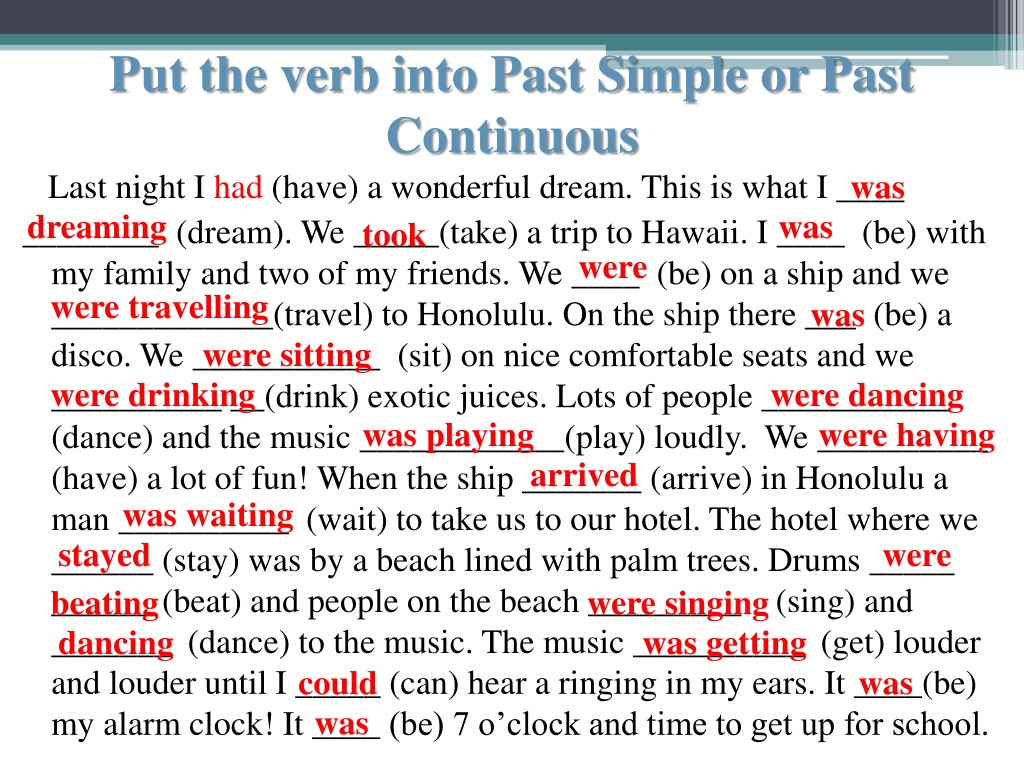
UNICEF Malawi/2020/HD Plus Caregiver Katalina watching children play. She is one of the caregivers that was trained with support from UNICEF.
Katalina Hassan a caregiver at Makankhula Child Based Care Center sings praises of the transformative power of ECD interventions and the training she has received from UNICEF.
Hassan said she was trained on integrated Early Childhood Development package to help a child holistically and reach out to children as caregiver to stimulate a child’s brain development while at a very young age. The other crucial lessons she was trained on include child nutrition, parenting skills and how child-friendly physical games help in health development of a child.
“I must confess that the training has helped me to transform my life and that of family as well as my community. I benefited quite a lot from the training. With the nutrition knowledge, parenting skills I no longer have malnourished children.
As I impart this knowledge to my community, I am also benefitting from it,” she says..
According to Hassan, Makankhula CBCC infrastructure built by UNICEF, is a haven for children. She adds that apart from providing shelter to learners, it has become a playground for children around Makankhula Community who would otherwise have never seen a playground in their lifetime due to deprivation which is quite apparent in the community.
“Some children never knew about a seesaw, swing or slide before, but because we have them here and the children spend their time here playing. This place (Makankhula CBCC) is also a place where parents come to leave their children as they go about with their daily chores. They do so because they know that the children will be well looked after,” she said adding that the CBCC is the pride of her community.
When the CBCC started, many community members were skeptical of sending their children to the center, but after seeing the results of the few brave ones who sent their children to the center, Hassan says, it has now been entrenched in the community and many parents now know the importance of sending their children to the centre.
“Before this centre many parents lacked parenting skills such as getting involved in physical games and interacting with their children. As a result, most children had difficulties in comprehending even simple instructions. But that’s the thing of the past. Most children are now able to express themselves and take instructions. They are even able to tell their parents if they want to go to the toilet,” Hassan explains.
She added that during visitations around the community, they encourage parents to interact and play with their children.
“I am thankful to UNICEF for this opportunity. I urge all parents that are still doubting the CBCC to please send their children to the centre and they will see the difference,” says Hassan.
Oksimiron has never written such politicized songs. She calls to rebuild Russia
Perhaps this is the first case of such a direct and politicized statement by Oksimiron.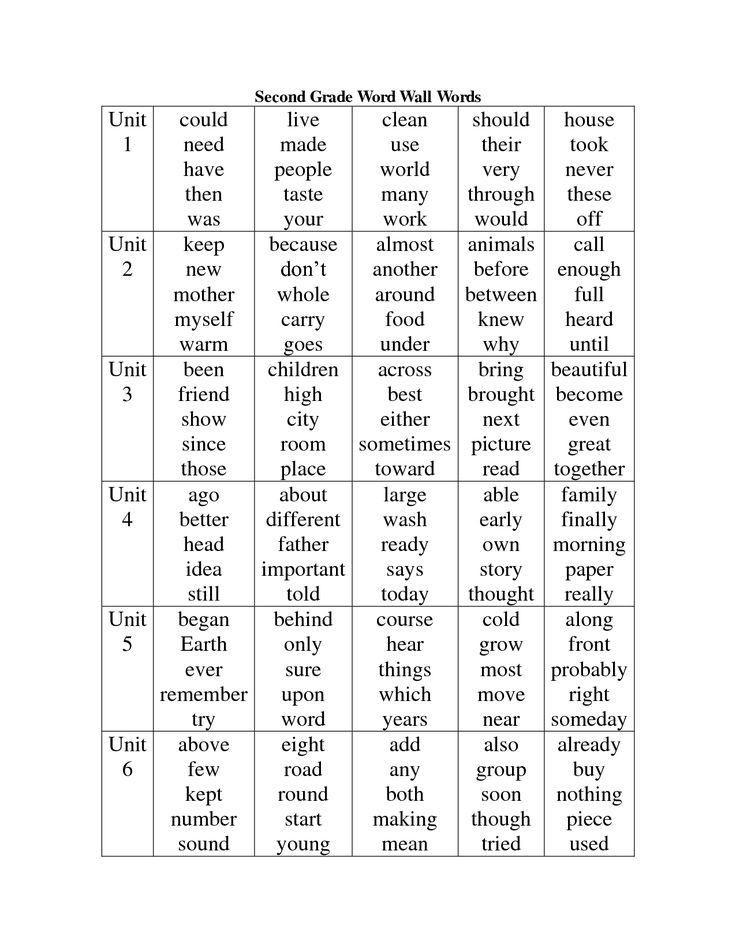 I can't remember which other protest Russian artists spoke on the topic in a comparable way. Two statements from this song have already been denounced to the Investigative Committee and the prosecutor's office - her words seem so dangerous to someone.
I can't remember which other protest Russian artists spoke on the topic in a comparable way. Two statements from this song have already been denounced to the Investigative Committee and the prosecutor's office - her words seem so dangerous to someone.
At the same time, as usual with Oksimiron, there are no slogans "overthrow, down with" in the text. This is his usual language, where there are many images and many references. Therefore, an explanatory brigade will not hurt.
"Oh, take the house
Oh, yes, live in it
Oh, yes, choke in it
We'll rebuild it"
It's about the country being captured - and the promise/call to rebuild it
"Bait is poison , fed up with super-ideas"
What super-ideas? Perhaps the idea of the greatness of one country - and that all other countries envy it, fear it and want to harm it. Or the idea to restore the USSR. Perhaps the point is that the citizens of the country are constantly told about some kind of geopolitics. Instead of solving their problems and improving their lives, take care of their welfare.
Instead of solving their problems and improving their lives, take care of their welfare.
"They say: 'Start with yourself', I killed the empire in myself"
Apparently, Oksimiron scored/reduced the "Imperium" tattoo on his fingers. But in a broad sense, we are talking about the rejection of imperial thinking - unethical, outdated and simply harmful.
"The owner is turning purple, there is no way to evict us"
Oksimiron declares that people who share his views are citizens and patriots of Russia, no matter who says otherwise; so they can't be evicted.
"Our flag has white snow and a blue river (And that's it)"
The white-blue-white flag was designed as an alternative flag for Russia. There is no red on it, because blood is also red. On March 31, the deputy asked to recognize such a flag as extremist.
"The stage is sick, the war is near.
The cancan is dancing for the shit of the pie
You - bubble-gum
I - back to the underground
Bells along Solovki"
Oksimiron talks about musicians who either pretend that nothing is happening , or whether they are doing something in support - it’s definitely hard to say here.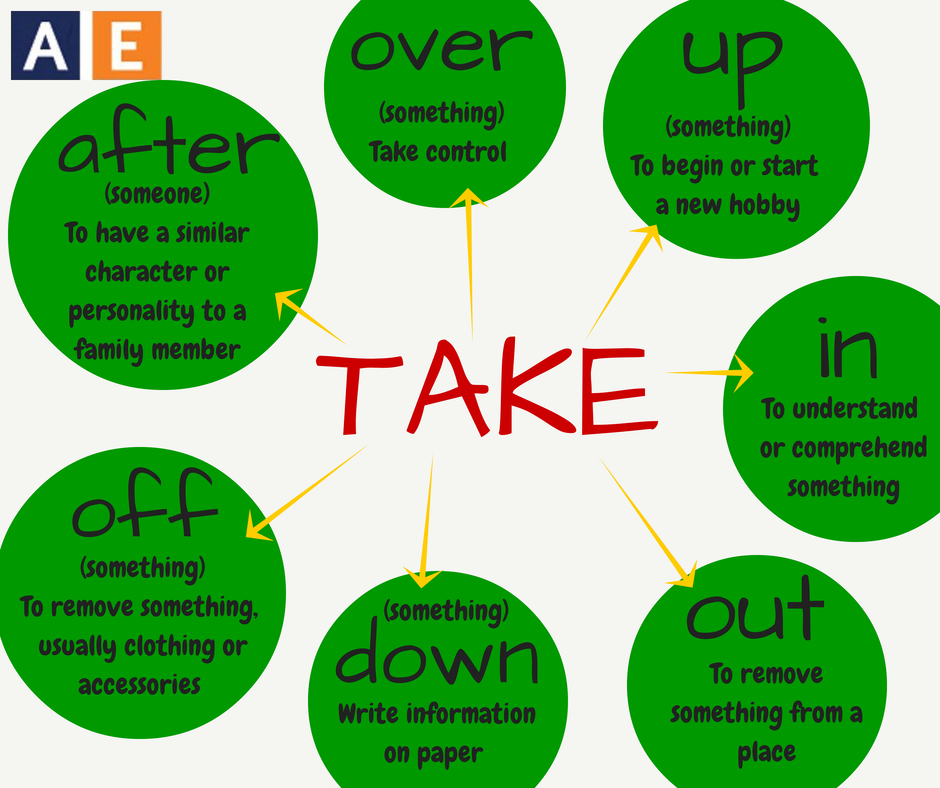 He says that his choice is underground, not to go on tours, not to chase money and life comforts (bubble gum). Bells on Solovki - on the Solovetsky Islands there is a monastery, where at 19In the 1920s, SLON was opened - the Solovetsky Special Purpose Camp for political prisoners. What does Oksimiron mean when he talks about the ringing of bells over Solovki? There is room for conjecture here: the return of those times, a reminder of political repression.
He says that his choice is underground, not to go on tours, not to chase money and life comforts (bubble gum). Bells on Solovki - on the Solovetsky Islands there is a monastery, where at 19In the 1920s, SLON was opened - the Solovetsky Special Purpose Camp for political prisoners. What does Oksimiron mean when he talks about the ringing of bells over Solovki? There is room for conjecture here: the return of those times, a reminder of political repression.
"Where is my home, where is my old home
Cursed old house by a sorcerer
Walks shaking"
Behind the allusions to the songs of "The King and the Fool" - memories of Russia of the past, which no longer exists, a stage of great upheavals began.
"An old dwarf hiccups under the mountain with an old Adam's apple
He's scaring us with a nuclear mushroom"
An old dwarf who scares everyone with a nuclear mushroom is clear to everyone who opened the news.
"Fuck the old people who lap up the blood of other people's sons"
Probably, we are talking about the power of some country where old people are sitting, who shed the blood of the young. Who could it be.
Who could it be.
"To hell with the old house, let's rebuild"
Call to build anew
"How sweet it is to make money - a lollipop from Willy Wonka
Blood caramel in Bingo Bongo's tear (Bingo Bongo)"
In Inside Out, the character Bingo Bongo cried candy; he gave candy to Willy Wonka's children in Charlie and the Chocolate Factory, but they all suffered as a result. In general, Oksimiron says that those who are now thinking about getting rich will pay the price later. values are needed in a new country, and what should be left forever in the past.0003
"The ball is spinning, spinning,
Truffles will die, you won't be full of a donut hole.
Human destinies in the smoke are like droplets in a bulbik.
The wives of the honest public take shoes on Patricks.
And business as usual, the dress code is casual, tan - southern,
Epilation in the bikini area, cleaning in the zone of occupation,
But just don't wash in the sea, no matter how much you swim in it. "
"
Patriki - Patriarch's Ponds, a prestigious district of Moscow. At first, Oksimiron seems to promise that truffles (here - a symbol of prosperity and prestigious consumption) will soon end, chaos awaits everyone, in which the fate of a person will mean nothing. Akin to Mayakovsky's lines "eat pineapples, chew grouse." Further, as far as one can understand, he draws a portrait of those who live a familiar and comfortable life, sunbathe at the sea, simultaneously with dramatic events - and believes that they will not be able to wash themselves off. It is unlikely that we are talking about mom and dad, who took the children to the Black Sea - rather, we are talking about representatives of the elites; but only Myron knows for sure.
"Fans don't forget about the troubadour, I send my regards to the Investigative Committee and the prosecutor's office"
Oksimiron compares himself to troubadours - medieval poets and musicians. It seems that such a comparison is due to the fact that the word rhymes well with the procurator.
Listeners did not forget him. He sends his greetings to the Investigative Committee and the Prosecutor's Office, which start cases against him and look for extremism in his ancient song.
The version from the Restaurateur's stream that Oksimiron compared himself to the Troubadour from "The Bremen Town Musicians" "because he has roosters and donkeys with him" can be considered funny, but hardly corresponds to reality.
"Blow kiss
To beautiful kitties on Obvodny
Ingria will be free"
Ingria or Ingermanlandia is the historical name of the territory where modern Petersburg is located. "Free Ingria" - the idea of separation of St. Petersburg from Russia. It is not represented by any political force, rather, it is a joke idea - and "Ingria will be free" is more of a toast than a slogan that can be heard both from Zenit fans and St. Petersburg intellectuals. However, there is an article of the Criminal Code 280.1 on public calls to violate territorial integrity. And everything is tough there - using the Internet for up to 5 years.
And everything is tough there - using the Internet for up to 5 years.
"Everything, everywhere and at once" - why so many Oscars?
Read the book “Start with Why?”. How Great Leaders Inspire Action" full online📖 - Simon Sinek - MyBook.
What to choose
Library
Subscription
📖Books
🎧Audiobooks
👌 Basic books
🔥 Donovinki
❤️ Top books
🎙 Top Audiobook
🎙 Make up your podcast
📖 Acadels
🎧AudiOKNIGIS 9000 Top Audiobooks
🎙Upload Your Podcast
- Home
- Foreign Business Fiction
- ⭐️Simon Sinek
- 📚Start with Why. How Great Leaders Inspire Action”
- Read
Simon Sinek
Start with Why. How Great Leaders Inspire Action
For Victoria who finds great ideas and turns them into great ones.
There are leaders and those who lead. Leaders hold positions by force or influence. And those who lead inspire us. Whether they are individuals or organizations, we follow those who lead, not because we have to, but because we want to. We follow those who lead, not for them, but for ourselves.
This book is for those who want to inspire people and for those who want to find someone to inspire them.

© Bezhanova Yu. Translation into Russian 2015
© Simon Sinek, 2009. All rights reserved »
This book is about the behaviors, mindsets, actions, and communications that enable some leaders to inspire others. Although so-called "natural leaders" may have come into this world with a predisposition to inspire, they may not be the only ones with this ability. We can all learn this pattern of behavior. With a little practice, any leader or company will be able to inspire others both inside and outside the company to help them promote their ideas and visions. We are all capable of learning this.
The purpose of this book is not merely an attempt to restore dysfunctional skills. On the contrary, I wrote it to help readers focus and develop skills that work. I don't seek to contradict the solutions suggested by other people. Most of the answers based on accurate information are completely correct. However, if we start with the wrong questions, if we don't get the point, then even the right answers can never help us.
As you can imagine, the truth always comes out.
All subsequent stories are about individuals or companies that truly master this behavior. They are the ones who start with the question “why?”.
1
The goal was ambitious. The level of public interest was high. The experts were eager to contribute. There were no problems with money.
In the early 1900s, Samuel Pierpont Langley, armed with all the ingredients for success, was to become the first man to fly an airplane. He, a highly respected professor of mathematics, was a senior fellow at the Smithsonian and also worked at Harvard. Among his friends were the most powerful politicians and businessmen, such as Andrew Carnegie and Alexander Graham Bell. To carry out his project, Langley received a grant from the War Department in the amount of $50,000, which was an incredible amount at the time. He brought together the best heads of the time and created a real dream team consisting of talented and experienced people.
Langley and his team used the very best materials, and he was constantly accompanied by the press. The attention of all the inhabitants of the country was riveted to this story, everyone was waiting for news about the achievement of the goal set for Langley. Thanks to such a team and numerous resources, success was guaranteed to him.
Or not?
Several hundred miles away, Wilbur and Orville Wright were working on their own flying machine. Their desire to fly was so strong that it gave enthusiasm and hope to the dedicated members of the group in their hometown of Dayton, Ohio. They had no sponsors, no government grants, no high-level connections. Not a single member of this team had a doctorate or even a college degree, not even Wilbur and Orville. This team worked in a modest bike shop and made their dream come true. December 17 1903, for the first time in history, several people witnessed a human flight.
How could the Wright brothers succeed when a team with better equipment, funding, and education could not?
Luck has nothing to do with it.
Both the Wright brothers and Langley had great ambition. Both teams worked hard. Members of both teams had a sharp scientific mind. They had exactly the same goal, but only the Wright brothers were able to inspire their environment and really inspire their team to develop technology that will change the world. Only the Wright brothers started with the question "why?".
2
In 1965, students on the campus of the University of California, Berkeley burned their draft cards to protest America's involvement in the Vietnam War. Northern California has been a hotbed of anti-government and anti-social sentiment; footage of the clashes and riots in Berkeley and Oakland was circulated around the world, igniting backlash in the United States and Europe. But in 1976, about three years after America's military intervention in Vietnam, another revolution began.
The participants tried to make an impact, a very strong influence, one might even say to challenge the way people perceive the world.
But these young revolutionaries did not throw stones or use weapons against the authoritarian regime. Instead, they decided to fight the existing system by its own rules. For Steve Wozniak and Steve Jobs, the founders of Apple Computers, the battlefield was business, and the weapon of choice was the personal computer.
The personal computer revolution began brewing when Wozniak created the Apple I. At first, the technology was mostly seen as a business tool. Computers were too complex, and their cost was not affordable for everyone. But Wozniak, who was not interested in money, pursued a nobler goal. He treated the personal computer as an opportunity to single-handedly challenge an entire corporation. He realized that if he could find a way to make the computer accessible to everyone, it would allow almost anyone to perform most of the functions performed by an entire well-trained company. The personal computer can become a playing field and change the structure of the whole world.
Woz created the Apple I, then improved the technology in the Apple II, making the computer affordable and easy to use.
No matter how unique or brilliant a great idea or great product is, it doesn't matter much if no one buys it. Wozniak's best friend at the time, 20-year-old Steve Jobs, knew exactly what to do. Although he only had experience selling surplus electronic parts, Jobs proved to be more than just a good salesman. He wanted to do something significant in the world, and for this he planned to create his own company. Apple became the tool he used to instigate the revolution.
In its first year of operation, Apple generated $1 million in revenue by selling just one product. In their second year, they made $10 million in sales. In their fourth year of operation, they sold computers worth $100 million. And in just six years, Apple has become a billionaire with more than 3,000 employees.
But Jobs and Woz didn't just take part in the personal computer revolution.
They were not just smart businessmen; even though they didn't really know much about business at all. Apple has become a special company because its founders have been able to repeat their pattern of behavior over and over and over again. Unlike its competitors, Apple has successfully challenged traditional thinking in the computer, music, gaming, small electronics, and mobile phone industries. And the reason is simple. Apple inspires. Apple starts with the question "why?".
3
He was not perfect. He had some difficulties. He was not the only one affected by the American civil rights struggle, and there were countless other charismatic speakers. But Martin Luther King Jr. had a gift. He knew how to inspire people.
Dr. King understood that for the civil rights movement to succeed and make real change, much more was needed than just his participation and the participation of his closest allies. More than uplifting words and eloquent slogans are needed. The implementation of his ideas will require people, tens of thousands of ordinary citizens, united by a single dream to change the country.
28 August 19For 63 years at 11 a.m. they will send a message to Washington that it is time for America to embark on a new path.
The civil rights organizers did not send out thousands of invitations, and there was no website that specified the date. But people came. And they kept coming. A total of a quarter of a million people made their way to the capital in time to hear the words that were immortalized in history. These words were spoken by a man who was the leader of a movement that changed America forever: "I have a dream."
The ability to attract so many people from all over the country, of all colors and races, to gather on the right day, at the right time, requires some kind of special gift. Although others knew what needed to be changed in America to give all citizens civil rights, it was Martin Luther King who was able to inspire the whole country to change not just for the sake of a minority, but for the sake of everyone. Martin Luther King started with WHY?
* * *
There are leaders and those who lead.
With a market share of just 6% in the US and about 3% globally, Apple is not a leading manufacturer of home computers. Nevertheless, the company is ahead of the entire computer industry, and is also currently a leader in other industries. Martin Luther King's experience was not unique, but it was he who inspired the country to change. The Wright brothers were not the strongest contenders in the race to make the first manned flight, but they led us into a new age of aviation, and in the process completely changed the world we live in.
Their goals were no different from those of other people, and their systems and processes could be easily replicated. But nevertheless, the Wright brothers, Apple and Martin Luther King have become prominent among the rest. They have moved away from the norm, and their achievements are not so easy to repeat. They are members of a select group of leaders who are doing something very, very special. They inspire us.
Almost every person and organization needs to motivate others to do something.
Some want to motivate to make a purchase. Others need support or vote in elections. And still others seek to encourage others to work harder and more energetically or simply follow the rules. At its core, the ability to motivate people is not complex. Usually it is interconnected with some external factor. By inspiring incentives or threatening punishment, we can achieve the desired behavior. For example, General Motors has been so successful in motivating people to buy their products that in almost 80 years they have sold more cars than any other automaker in the world. But despite the fact that they were leaders in their industry, they did not lead.
Great leaders, on the other hand, are able to inspire people to take action. Those who can inspire give people a sense of purpose and belonging, and this has little to do with receiving an external stimulus or benefit. Those who really lead are able to create a group of people - supporters, voters, customers, employees - who act for the good, not because they have to do it, but because they want to.

Although there are relatively few organizations and leaders with genuine ability to inspire us, they exist in every possible direction. They can be found in both public and private sectors. They exist in all industries - sales to consumers or business-to-business. Regardless of where they operate, they all have huge influence in their niches. They have the most loyal customers and the most dedicated employees. They tend to make more money than other companies in their industry. They are more prone to innovation, and most importantly, they are able to maintain all this over a long period of time. Many of them have changed their industries. And some even changed the world.
The Wright brothers, Apple and Dr. King are just three examples. Harley-Davidson, Disney and Southwest Airlines are three more examples. John F. Kennedy and Ronald Reagan also had the ability to inspire. No matter where they come from, they all have something in common. All inspiring leaders and companies, no matter their size or industry, think, act, and communicate in exactly the same way.





